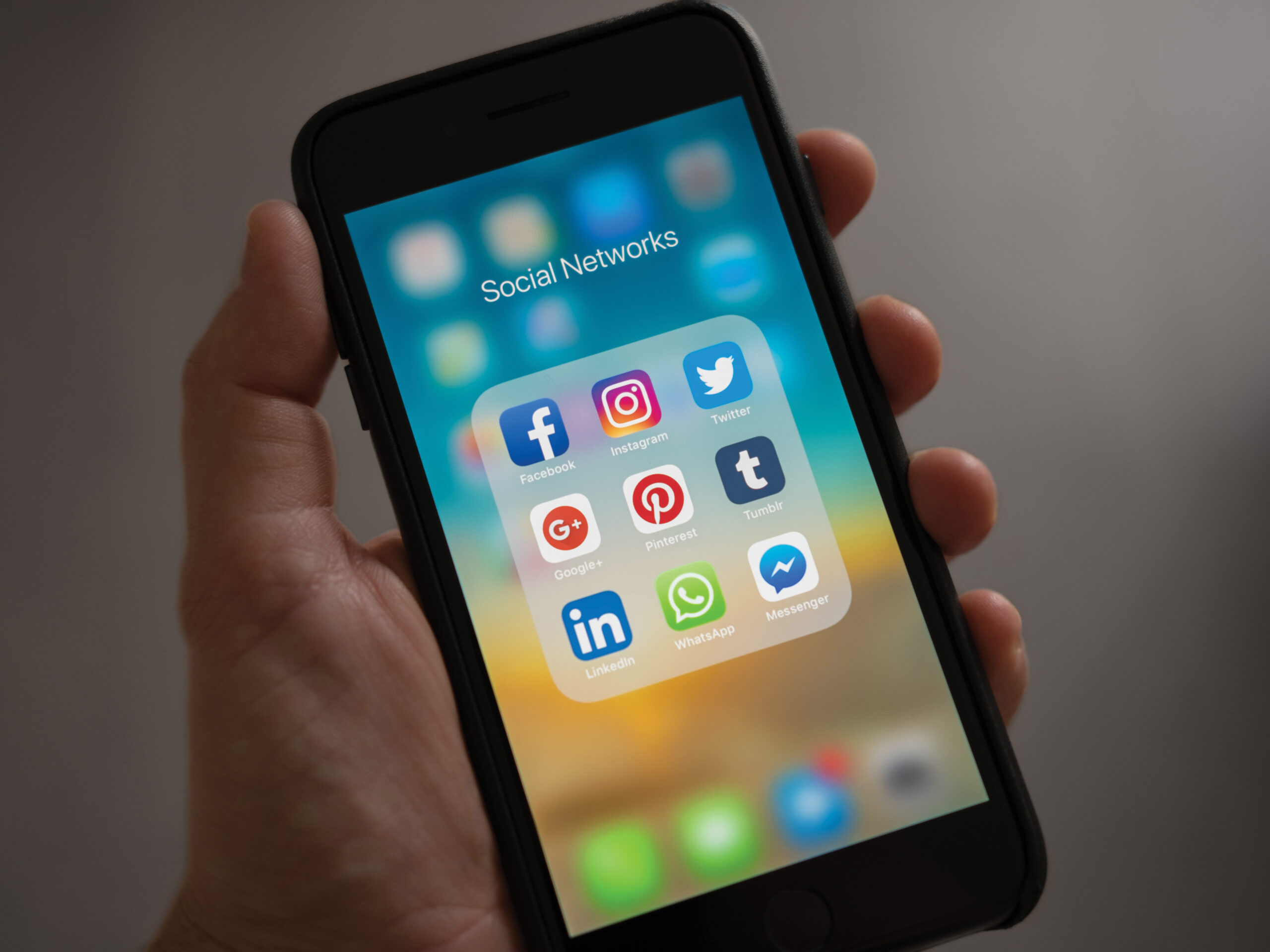
For a huge amount of smartphone users, specifically those with iPhones, receiving weekly screen time notifications that exemplify a percentage increase in the daily average for the past week can be a moment filled with significant dread. Though it might feel impossible to reduce phone or social media usage, or to avoid the sometimes menacing notifications, there is one factor that can encourage many to limit their screen time: doing it for the sake of mental health.
With the two years spent in social distancing, Americans were consuming an exhaustive amount of digital media — whether in binging Netflix shows, reading digital books or in searching for the next best bread recipe. Another way in which Americans used their devices was to connect with each other across the country and the globe. Though this, in itself, can be rather pure and wholesome, studies have shown that social media and smartphones as a whole have been contributing to a decrease in mental well-being and have been contributing to an increase in depression and similar illnesses.
Take one of the most popular social media platforms, TikTok, for example. This platform rose to high ranks in the height of the pandemic, and though the material on there can vary drastically, a popular video type has been one where people show themselves going about their regular days, even when those days are anything but “regular.” Though in many cases this can happen unconsciously, witnessing other people taking actions within their lives that the consumer wants within their own will in one way or another cause that person to feel unhappy with their current situation. They begin to wish for an unhealthy amount of more — more traveling, more friends, more views and simply anything and everything that cannot be easily obtained. All this results in the decrease of life satisfaction, and in turn, a decrease in the state of mental health.
Digging further into this example, what sets TikTok apart from other social media platforms is the maximum amount of seconds per video. Although it’s a larger increase from Vine’s 6-second-rule, TikTok’s quick content poses a similar threat to our attention spans. Overstimulation in the hours of scrolling through social media has been found to decrease attention spans, and thereby connects to impulsivity, distractedness and even a lack of empathy. Although many have smartphones and are on social media in order to connect with the greater world, these findings nullify that purpose, instead resulting in a greater detachment from the physical world.
Realistically, it has become quite difficult and even impossible to completely remove ourselves from the technological world of smartphones and social media. However, those who have achieved even a small amount of success in doing so have found some sort of happiness and relief as a result. So as we continue to navigate this overstimulating and often overwhelming world, it’s important to constantly consider your dependence on your smartphone and to implement changes, no matter how small or grand, within your life.







